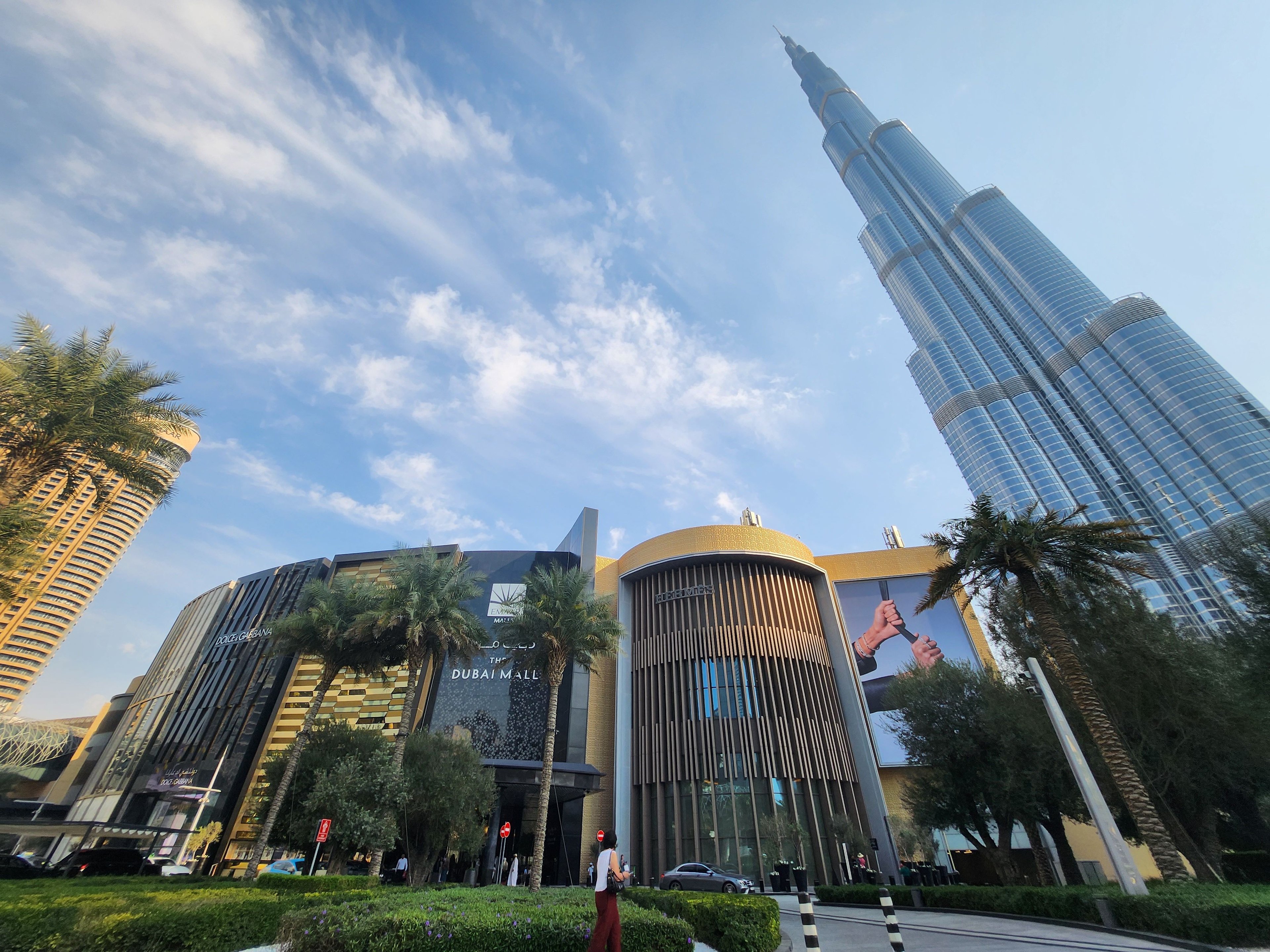
01/03/2026
Dubai Mall – area
Copy link
TwoContinents
13 November 2024

The modern metropolis of Dubai, although mainly famous for its futuristic architecture and hot desert climate, hides a surprise - it sometimes rains there. This phenomenon is admittedly not frequent, and the intensity of rainfall is low compared to other corners of the globe. To better understand the characteristics of the weather in this fascinating city, we will detail the distribution of rainfall by month of the year and its impact on the lives of residents.
Dubai is located in a desert climate zone, referred to as BWh in the Köppen classification. This type of climate is distinguished by consistently high temperatures for most of the year and very low rainfall. During the summer, temperatures average 40°C, and on the hottest days can even exceed 50°C. In contrast, in the winter months it is slightly cooler - usually between 20-25°C. Thus, the weather in Dubai is mostly warm, hot and sunny days. However, although this region is stereotypically associated with absolute drought, the place also experiences occasional rainfall.
Dubai's favorable weather conditions for most of the year allow tourists to fully enjoy the many attractions in Dubai from Two Continents.
The average annual rainfall in this city is very modest, settling between 100-150 mm. This is an exceptionally low level of rainfall, especially in comparison with other areas of the world - for example, Poland records an average of about 600 mm per year, and in tropical areas even several thousand millimeters. Rainfall in Dubai tends to be fleeting and is often associated with thunderstorms, occurring primarily in late winter and early spring. Thus, despite the predominance of a dry climate, the city also experiences sporadic but intense rainfall.

Photo: Dubai Frame/Mikhail Nilov, Pexels
Although it is difficult to speak of a clearly defined “rainy season” in Dubai, more rainfall occurs here between December and March. During this time, when temperatures are the lowest of the year, there is a higher incidence of passing rainfall and thunderstorms. However, this is not among the intense, persistent or widespread phenomena as is the case in monsoon regions. In general, rains in Dubai, regardless of the season, are irregular, short-lived and relatively weak compared to rainfall observed in many other parts of the world.
1. How often does it rain in Dubai?
Dubai is a city where rainfall is extremely rare. The average annual rainfall is only about 100-150 mm, which is extremely low compared to most other regions in the world. Most of this modest rainfall is concentrated in the winter, particularly in the months of December through March, when temperatures are somewhat cooler. During this time, rain may occur several times, often in the form of passing rainfall or thunderstorms. In contrast, during the rest of the year, especially in summer, rains are virtually absent, and Dubai experiences almost exclusively sunny and hot weather.
2. When does it rain in Dubai?
Rainfall in Dubai is most common during the winter months, from December to March. During this time, with cooler temperatures and increased humidity, there is the highest likelihood of rainfall, which is usually short-lived and mild. January and February are the months with the most precipitation, and may see some fleeting rains or brief thunderstorms. In the remaining months, especially from May to September, rain is very rare due to the extremely high temperatures and dry desert climate.
3. How do Dubai residents perceive rainfall?
Dubai residents perceive rainfall as a unique and often pleasant phenomenon, as rain is extremely rare in the city. This is because most of the year is dominated by the sunny, dry weather characteristic of this desert region. Therefore, days when it rains are welcome in Dubai - many residents enjoy this temporary change from their daily routine. The fleeting rainfall and thunderstorms that do occur are treated as a nice change, allowing a brief break from the invariable hot and dry aura.
See other news

01/03/2026
Dubai Mall – area
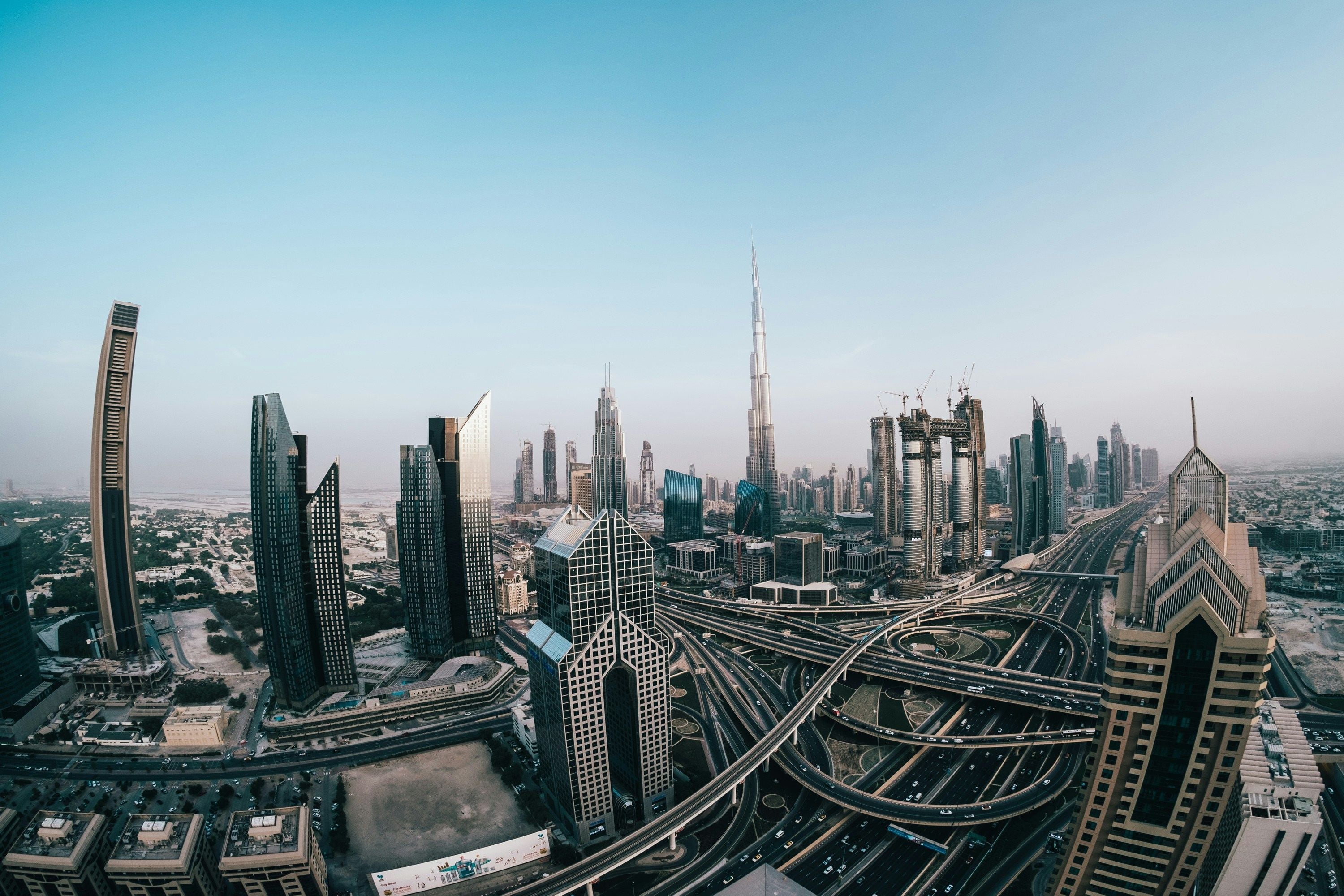
01/03/2026
Burj Khalifa – which floor to go to?
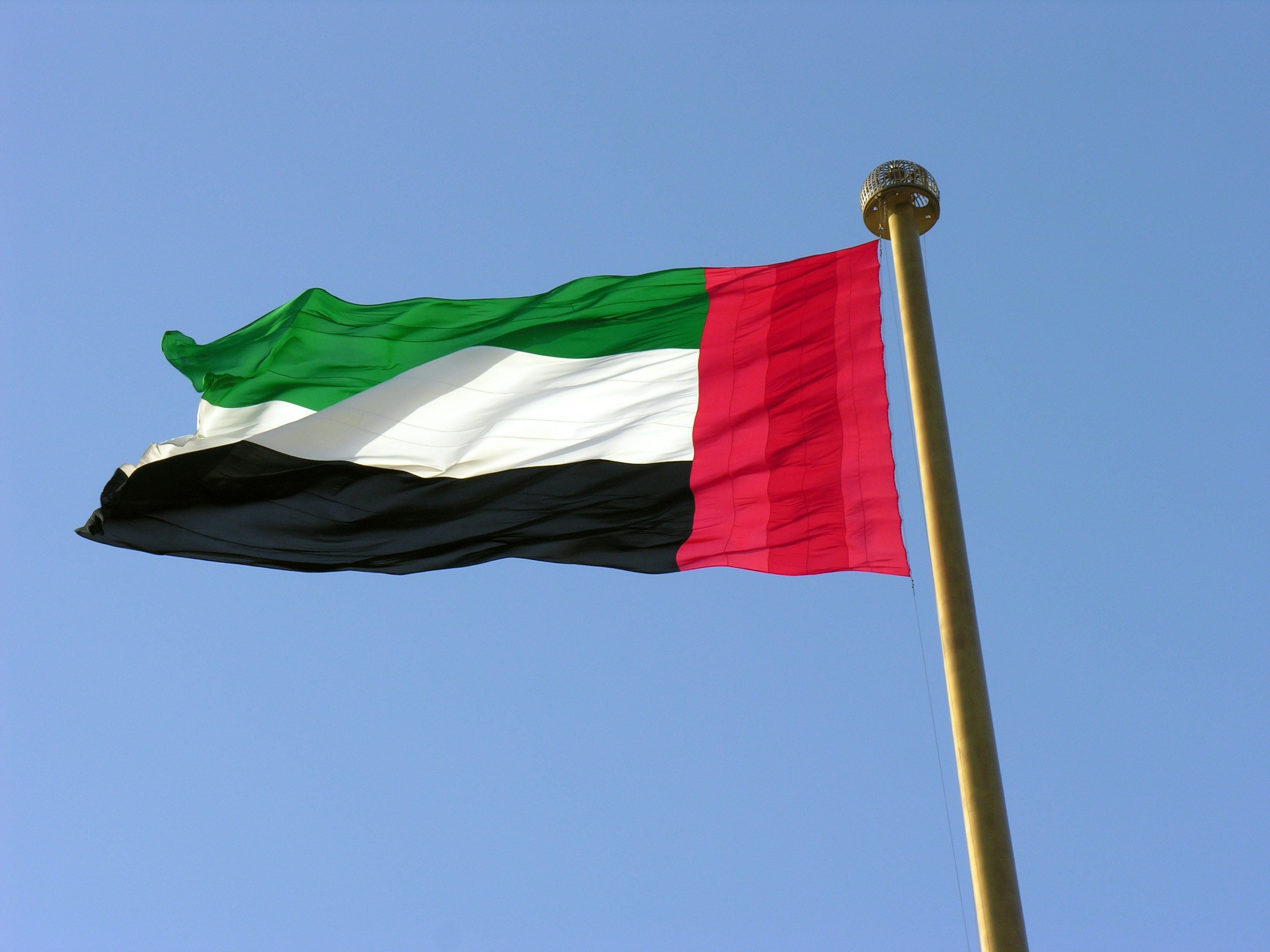
01/03/2026
United Arab Emirates - a guide for tourists
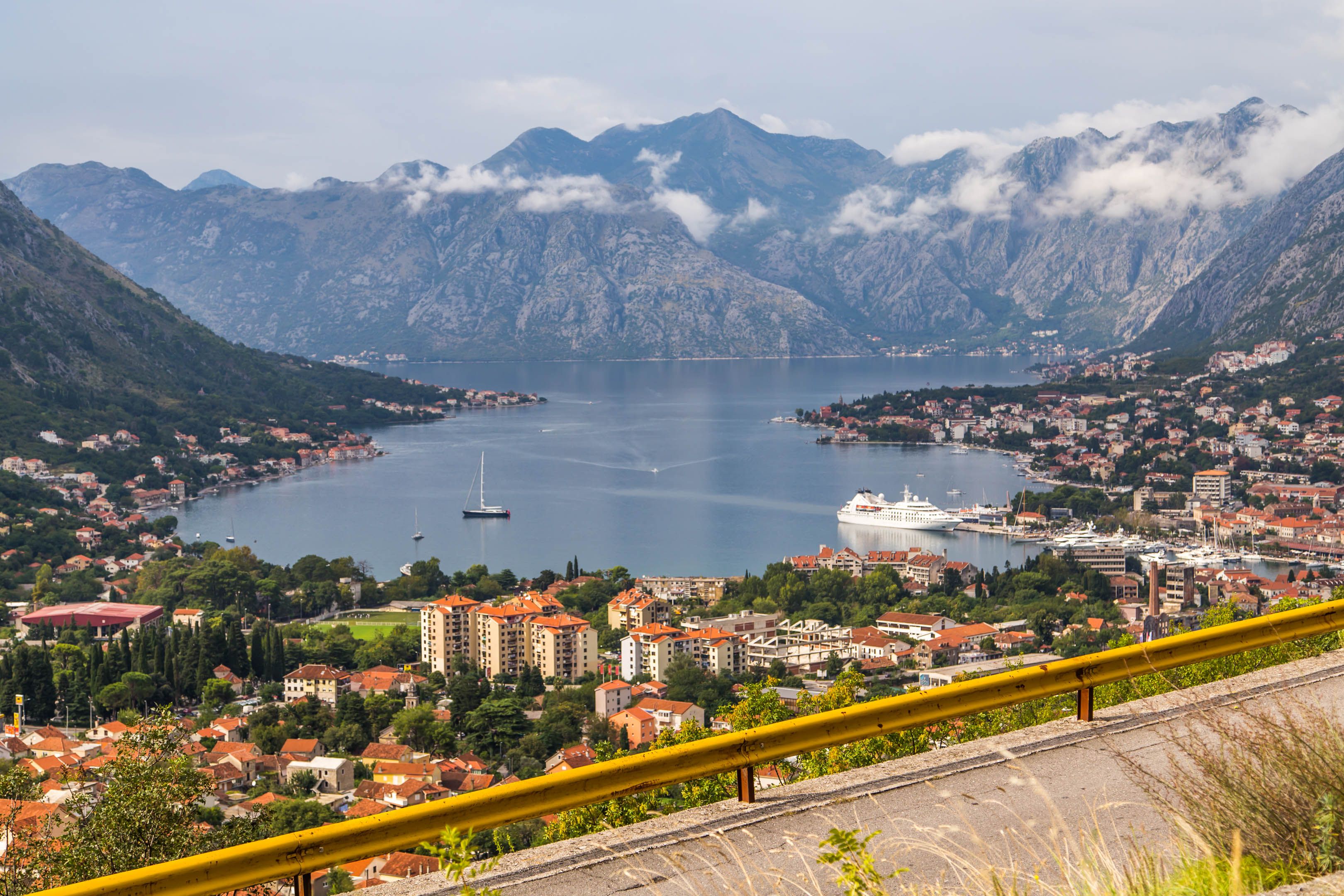
28/02/2026
No more expensive internet in the Balkans? EU roaming on the way!

28/02/2026
From March visas to Egypt will be $5 more expensive

28/02/2026
Krakow finally obtains environmental approval for the construction of a new runway
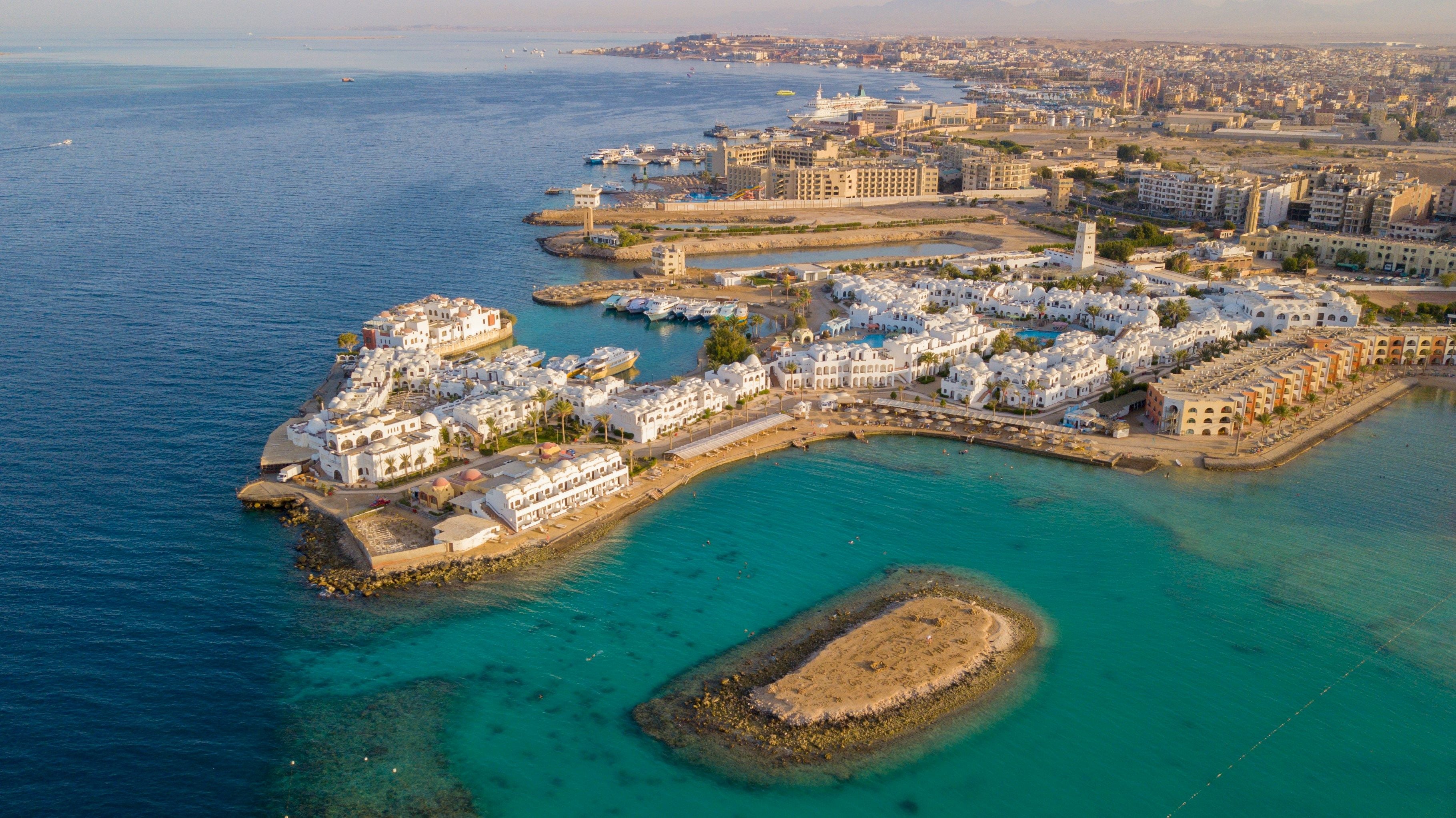
28/02/2026
Corendon Airlines will fly from Warsaw and Katowice to Hurghada

28/02/2026
Wizz Air has announced the launch of a new route from Warsaw to Zadar

26/02/2026
Making money from short-term rentals in Dubai
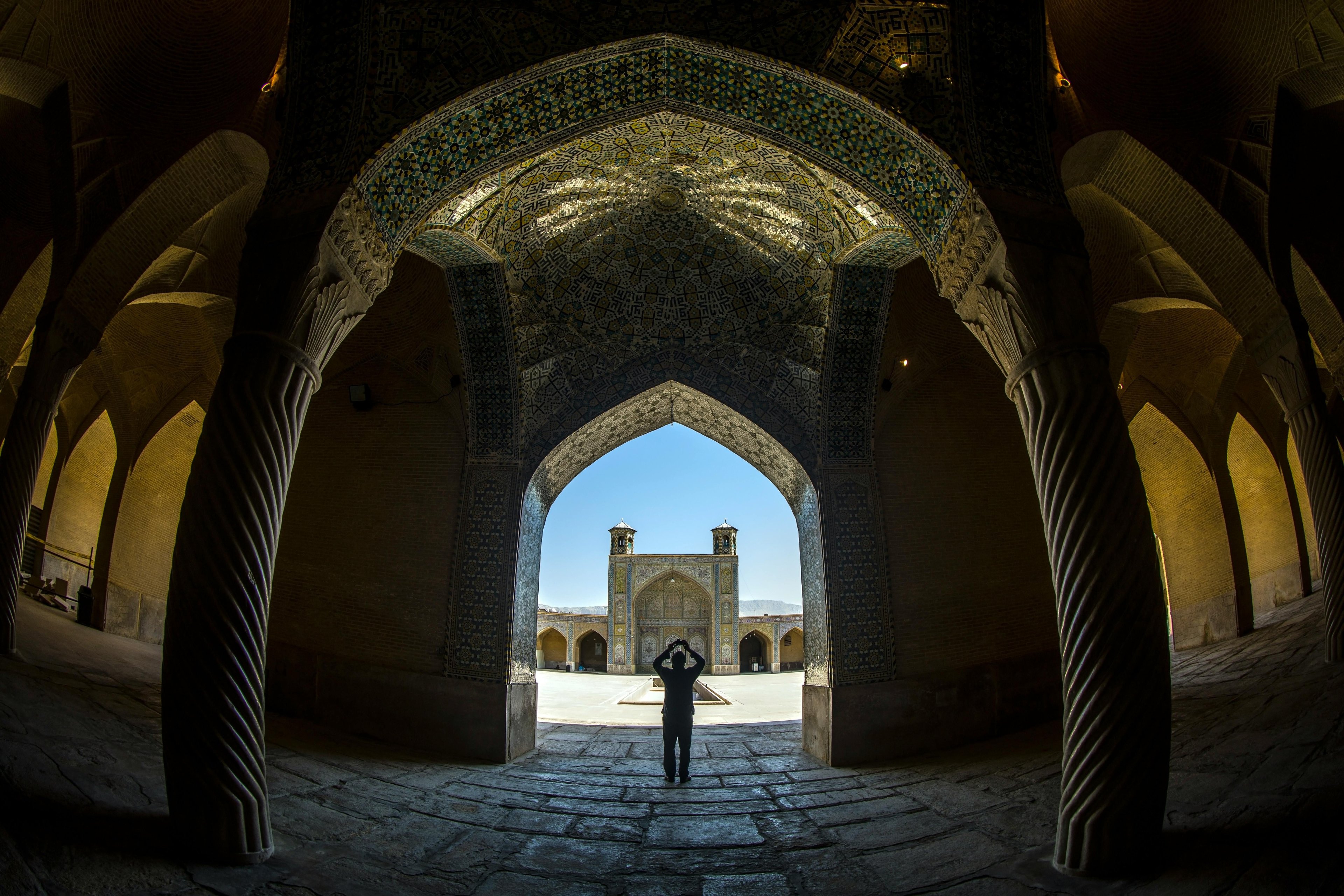
26/02/2026
No more travelling around Iran on your own